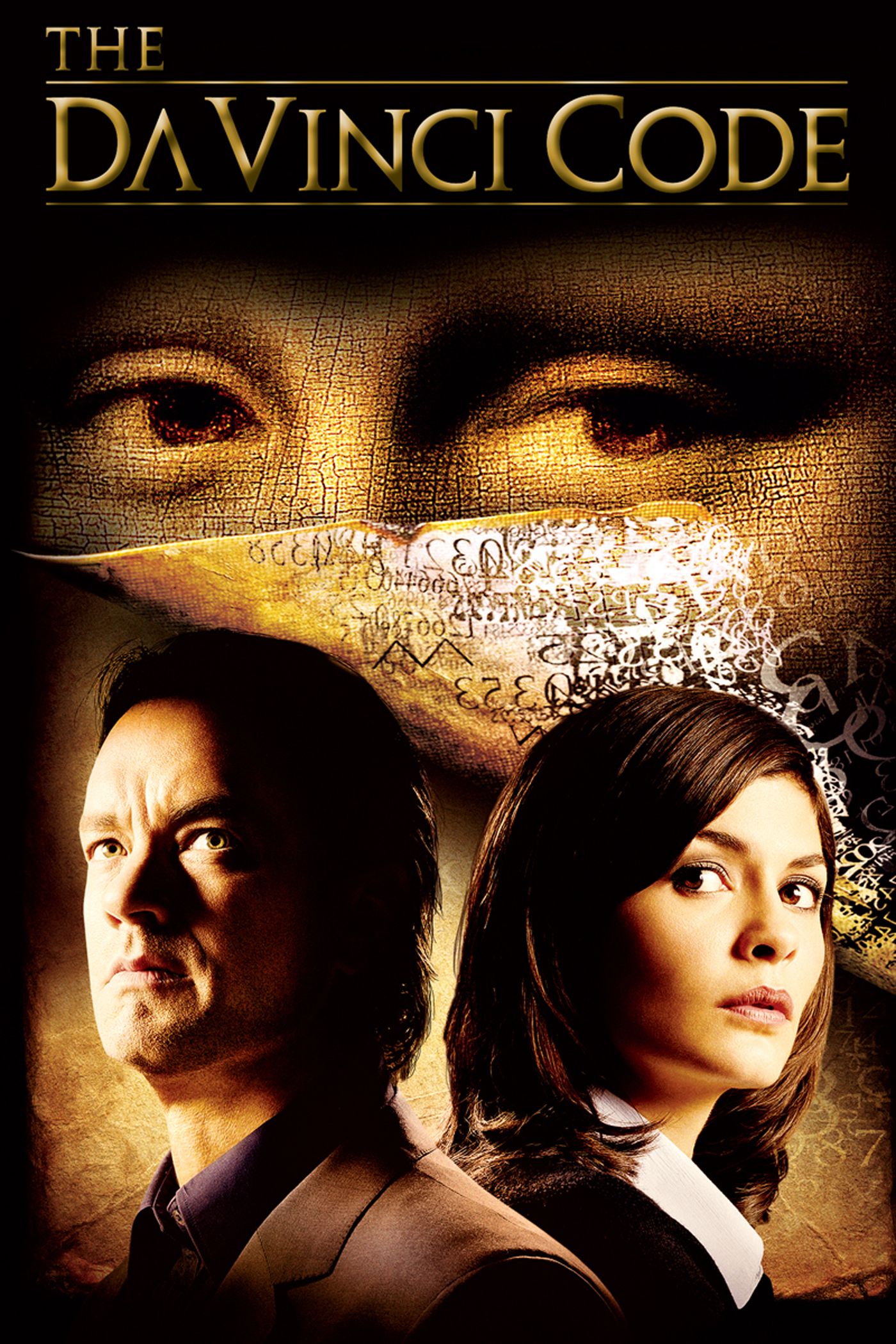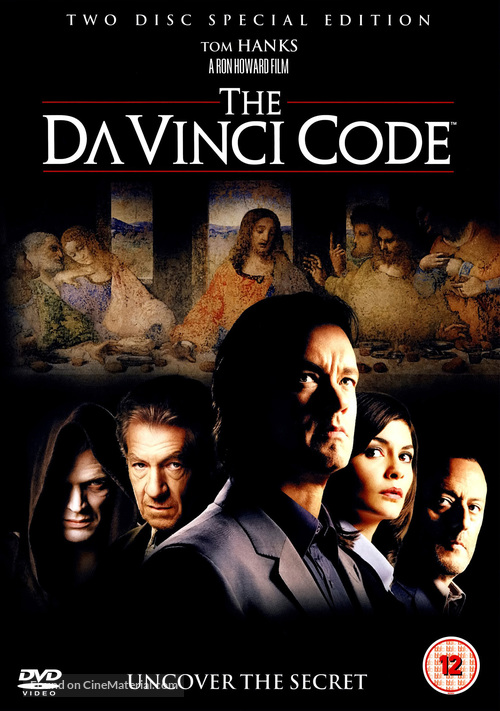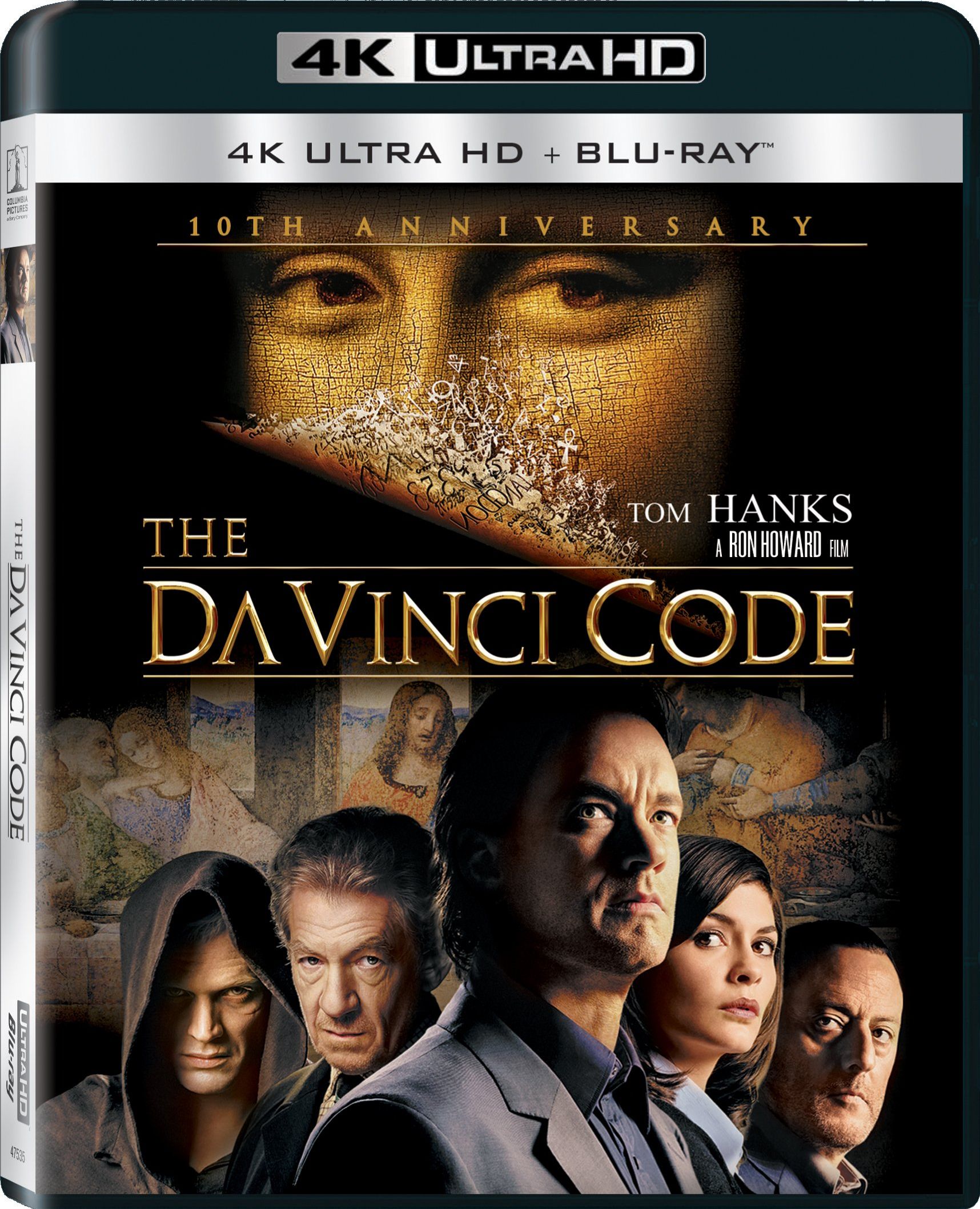Da Vinci Code Mystery: Filmyzilla & Religious Secrets Unveiled
Could a single painting hold the key to rewriting history? The notion that artistic masterpieces conceal profound secrets, capable of challenging the very foundations of established beliefs, is a tantalizing prospect that has captivated audiences worldwide.
The allure of uncovering hidden truths within iconic artworks has been powerfully demonstrated in narratives like "The Da Vinci Code." A gripping tale of intrigue, it masterfully intertwines art, history, and religion, drawing the viewer into a world where a murder in the Louvre Museum sparks a thrilling quest. The clues, ingeniously embedded within the works of Leonardo da Vinci, lead to a religious mystery that has been shielded by a clandestine society for two millennia. This revelation, if brought to light, threatens to destabilize the core tenets of Christianity, presenting a high-stakes scenario that fuels the narrative's relentless momentum.
The Da Vinci Code, initially a novel penned by Dan Brown, exploded onto the literary scene, captivating readers with its intricate plot and controversial themes. The book's phenomenal success paved the way for its adaptation into a major motion picture, directed by Ron Howard and scripted by Akiva Goldsman. The film brought the story to a wider audience, further solidifying its place in popular culture. The movie stars Tom Hanks as Robert Langdon, a symbologist, and Audrey Tautou as Sophie Neveu, a cryptologist, who team up to solve the mystery.
The narrative unfolds with the murder of Jacques Saunire, the Louvre's curator, whose dying message sets Langdon and Neveu on a perilous journey. As they decipher Da Vinci's cryptic symbols, they uncover evidence of a secret society known as the Priory of Sion, dedicated to protecting a lineage descended from Jesus Christ and Mary Magdalene. This lineage, if proven, would challenge the traditional understanding of Jesus's life and the origins of Christianity. The film explores the themes of religious secrecy, historical conspiracies, and the power of knowledge, creating a compelling and thought-provoking cinematic experience.
The film's success owes much to its captivating storyline and the stellar performances of its cast. Tom Hanks embodies the intellectual and resourceful Robert Langdon, while Audrey Tautou brings a delicate strength to the character of Sophie Neveu. The supporting cast, including Ian McKellen as Sir Leigh Teabing and Alfred Molina as Bishop Aringarosa, adds depth and complexity to the narrative. The film's visual elements, from the grandeur of the Louvre to the ancient churches of Paris, further enhance the immersive experience.
Despite its popularity, "The Da Vinci Code" has faced its share of controversy. Religious groups have criticized the film for its depiction of Jesus and Mary Magdalene, arguing that it distorts historical and theological truths. Some scholars have also questioned the film's historical accuracy, pointing out inaccuracies in its portrayal of the Priory of Sion and other historical events. Nevertheless, the film has sparked important conversations about religion, history, and the nature of belief.
- Filmyzilla Bollywood Hollywood Movies Download Info Year
- Filmyzilla Is Free Movie Downloading Worth The Risk 2024 Guide
The film's impact extends beyond its immediate commercial success. "The Da Vinci Code" has inspired countless discussions about art, history, and religion, encouraging viewers to explore these topics in greater depth. The film has also popularized the concept of symbology and the interpretation of hidden meanings in art. Its influence can be seen in other works of fiction and non-fiction that explore similar themes.
While the film takes liberties with historical fact, it also raises intriguing questions about the nature of truth and the power of institutions to shape our understanding of the world. The film's central question whether the established version of history is the complete story resonates with audiences who are increasingly skeptical of authority and eager to uncover hidden truths.
The production of "The Da Vinci Code" was a major undertaking, involving extensive research, location shooting, and post-production work. The filmmakers consulted with historians and art experts to ensure the accuracy of the film's visual details. The film was shot on location in Paris, London, and Scotland, adding to its authenticity and visual appeal. The post-production process involved creating intricate visual effects to bring Da Vinci's paintings to life and to depict the film's dramatic action sequences.
The musical score of "The Da Vinci Code," composed by Hans Zimmer, is an integral part of the film's overall impact. The score's haunting melodies and dramatic orchestrations enhance the film's suspenseful atmosphere and emotional resonance. The music effectively underscores the film's themes of mystery, intrigue, and religious revelation. The soundtrack album has also been a commercial success, further extending the film's reach.
The film's commercial success has spawned sequels, including "Angels & Demons" and "Inferno," which also star Tom Hanks as Robert Langdon. These films continue to explore themes of religious conspiracy and historical mystery, building upon the foundation established by "The Da Vinci Code." The sequels have also been box office hits, demonstrating the enduring appeal of the Robert Langdon character and the genre of historical thriller.
Beyond the immediate film franchise, "The Da Vinci Code" has had a lasting impact on popular culture. The film has influenced countless books, movies, and television shows that explore similar themes of religious conspiracy and historical mystery. The film has also contributed to a renewed interest in art history and the interpretation of symbols. Its influence can be seen in the way that people approach historical and religious questions, encouraging them to question authority and seek out alternative perspectives.
However, the proliferation of readily accessible movie content through platforms like Movies4u, 9movies, Filmyzilla, and Filmywap presents a challenge to the traditional film industry. These websites often offer movies for free download, sometimes in high definition formats like 1080p, 720p, and 480p, potentially infringing on copyright laws and impacting the revenue streams of legitimate film distributors. The availability of "The Da Vinci Code" and other films on these platforms raises concerns about piracy and the protection of intellectual property.
The accessibility of movies through these platforms often includes dubbed versions in various languages, such as Hindi, catering to a wider audience. This accessibility, while convenient for viewers, raises ethical and legal questions about the distribution of copyrighted material. The practice of downloading movies from unauthorized sources contributes to the erosion of the film industry's revenue and potentially undermines the creation of future films.
The debate surrounding "The Da Vinci Code" and its accessibility through various platforms highlights the complex interplay between art, religion, history, and technology in the digital age. The film's popularity demonstrates the enduring appeal of stories that challenge established beliefs and encourage viewers to question the world around them. However, the availability of the film through unauthorized sources raises important questions about copyright, piracy, and the future of the film industry.

The da vinci code movie in hindi boyherof

Blog Archives gemmultiprogram

The Da Vinci Code Hindi Dubbed Movies telecomfunty